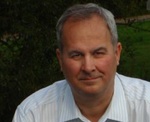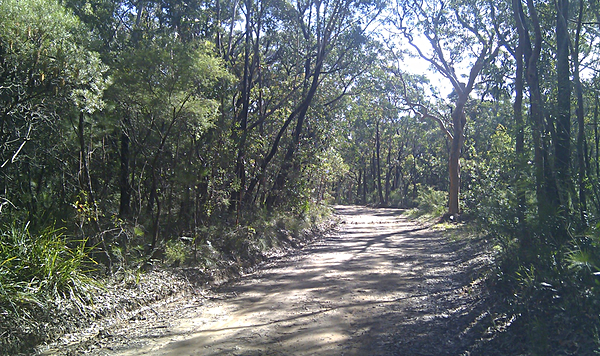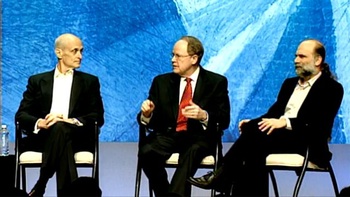
I’ve attended the previous two Microsoft Politics & Technology Forums in Canberra as their guest, but this year there’s a difference. I’ll be on stage. The date is 1 June 2011. The venue is the Parliament House Theatrette. And it’s free.
The theme is Do we trust the internet? That’s all about openness and transparency in politics.
Technology and politics is more interwoven than ever before.
We’ve seen sensitive government information being revealed on Wikileaks, and mobilisation of communities across the Middle East using social media resulting in regime change in Tunisia, Egypt and unrest in Libya and Bahrain.
The first social media election in the UK saw an incoming Conservative Coalition government, overturning 13 years of Labor rule. David Cameron’s Conservative party trumped other parties in social media campaigning.
The Australian Government has its own Declaration of Open Government, a central recommendation of the Government 2.0 Taskforce. The declaration promotes “greater participation in Australia’s democracy, and is committed to open government based on a culture of engagement, built on better access to and use of government held information, and sustained by the innovative use of technology.”
This and much more will be discussed when UK’s leading political blogger Iain Dale (pictured) will be addressing Microsoft’s 3rd Politics and Technology Forum: Openness and Transparency in Politics. The Forum is supported by Open Forum.
Iain Dale will then participate in a panel discussion of distinguished speakers including Senator Kate Lundy, Parliamentary Secretary to the Prime Minister; Joe Hockey MP, Shadow Treasurer; Stilgherrian; and Microsoft’s Gianpaolo Carraro. The event MC is Mark Pesce.
I’m particularly amused by the facts that I’m “distinguished” and that I’m not explained by any job title or description. I am self-explanatory. Or possibly indescribable.
It’ll cost you nothing to register for this free event, but you’ll need to use the SEKRIT ticket code. Which is “dale”.
Previous Microsoft Politics & Technology Forums
The first Forum was in 2008. Thanks to Microsoft’s Nick Hodge, you can view videos of Matt Bai’s keynote address, Panel 1 on Blogging, social networks, political movements and the media with Annabel Crabb, Peter Black and Mark Textor, and Panel 2 on Politics 2.0: information technology and the future of political campaigning with Joe Hockey, Senator Andrew Bartlett, Senator Kate Lundy and Antony Green.
During this first event, I provided commentary via Twitter and was, um, generally helpful to the discussion from the audience. My most important outburst is during the first panel discussion, though I can be heard but not seen. I have yet to dig the tweets out of Twitter’s archive.
The second Forum was in 2009, with the theme “Campaigning Online”. I did a live blog, and later turned my notes of Joe Trippi’s keynote address into the post Notes on Obama’s election campaign.
I daresay there are videos somewhere, but I couldn’t be arsed looking for them just now.



